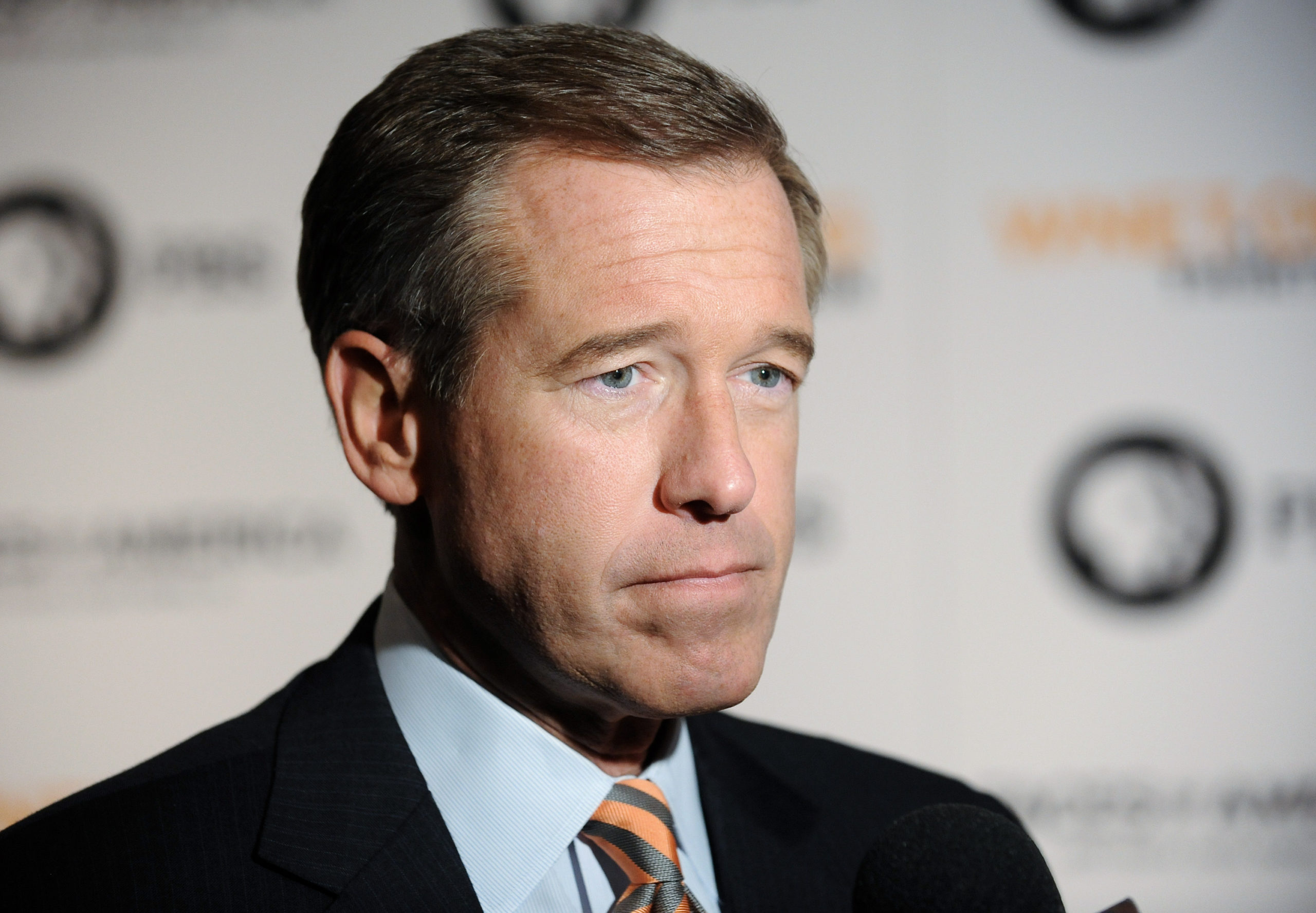Brian Williams and The Importance of Having a Truth Policy
May 15, 2020
Categories: Integrity
A few years ago, NBC news anchor Brian Williams came under fire for lying about his experiences in Iraq. He said he was in a helicopter that got shot down. The truth was that he was in a different helicopter.
In an industry that depends on an unflinching commitment to report the truth, this was bad.
Why do People Lie?
It is sometimes tempting to tell a lie. People usually lie for one of two reasons:
- People lie to gain something: People often lie because they think they might gain something good. My guess is this is what happened to Brian Williams. He thought it would sound better, and he would gain more fame and credibility, if he were actually in the helicopter that was shot down, rather than in a different helicopter.
- People lie to avoid something: The other reason people lie is because they think they might avoid something bad. Maybe we did something wrong, and we want to avoid punishment or consequences. Or perhaps we want to avoid conflict or confrontation. We think the lie is an easy way to avoid dealing with something difficult.
Lying Doesn’t Work
Here’s the thing: It usually doesn’t work out. Telling the lie might seem like a good idea at the time, but we usually end up in a worse situation. Here’s why:
- A lie often requires another lie, then another, and another… The truth has an uncanny ability to show itself. People are curious and motivated to resolve discrepancies they see both in their lives and the lives of others. Often when we tell one lie, we later have to tell another lie to cover it up. Eventually the set of lies becomes fragile, like a house of cards.
- When the lie is discovered, the consequences of the lie are worse than the consequences of the thing lied about. Time after time, we see that the consequences of lying are much worse than the consequences of whatever it is we lied about. Brian Williams wasn’t in the helicopter that got shot down. Big deal. His experience was a bit “less intense.” Telling the truth probably would have had zero negative impact on his career. Now that his lie was discovered, he was suspended from his job for 6 months. He used to be one of the most trusted people in the country. Now people question everything he says. A similar thing happened with Bill Clinton. People didn’t like it that he had sex with Monica Lewinsky. But people can forgive sexual indiscretions. Lying about the sex under oath almost cost him the presidency.
- Even if we get away with lying, our integrity takes a hit. Integrity means we are a whole person. The inside parts of us match the outside parts of us. We walk our talk. Even if we get away with telling a lie, we lose a piece of our integrity. Our sense of wholeness is damaged. This has negative consequences for our psychological health and well-being. We don’t trust ourselves quite as much from that moment on. Even if we get away with the lie, it isn’t worth it.
Discussion
What do you think about telling the truth vs. lying? Do you have a truth policy? If you do lie, what generally motivates the lie? Take an inventory of the times you have lied? Did you get away with it? What were the consequences of the lie: both for yourself and others? Was it worth it?

Related Thoughts

Subscribe To My Newsletter
Join my mailing list to receive the latest blog posts.
Receive my e-book “The Mental Health Toolkit” for free when you subscribe.





